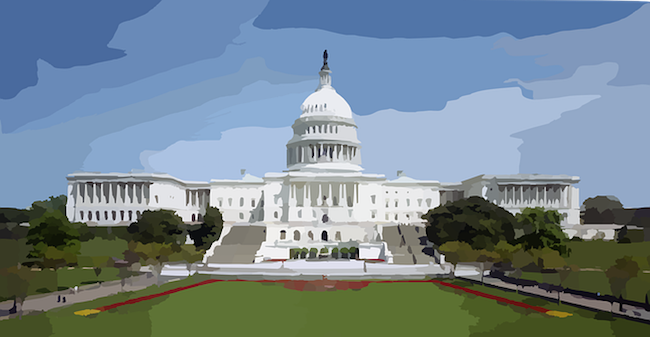The Capitol Cover Up By Julie Kelly for American Greatness
Release the tapes. Release the name of Ashli Babbitt’s shooter. And release Joe Biden’s political prisoners.
Judge G. Michael Harvey sounded floored.
During a detention hearing this week for Robert Morss, arrested last month for his involvement in the Capitol protest, a federal prosecutor told Harvey she needed permission from the government before she could turn over to him a slice of video related to Morss’ case. Joe Biden’s Justice Department continues to seek pre-trial detention for people who protested Biden’s election on January 6; prosecutors want to keep Morss, an Army ranger and high school history teacher with no criminal record, behind bars until his trial can begin next year.
But assistant U.S. Attorney Melissa Jackson hesitated when Judge Harvey asked to see the footage captured by the U.S. Capitol Police surveillance system cited as evidence in government charging documents.
“Why haven’t I seen the video?” Harvey asked Jackson on Wednesday afternoon. She told the judge he could have access to the body-worn camera recordings and public source videos but that the USCP footage is under a protective order, which is common in most January 6 cases.
After Morss’ defense attorney said the photographs in the charging documents did not accurately reflect the video evidence the government gave to her under discovery requirements, Harvey demanded to see it for himself. “And anything you show to me . . . I’ll issue a minute order to release it to the public as well.”
Jackson informed the court she would submit the missing video evidence on Friday.
The hearing is the latest example of how hard the USCP and Justice Department are fighting to keep more than 14,000 hours of surveillance video under wraps. Lawyers for the USCP insist the recordings can’t be released for fear doing so will give wannabe insurrectionists too much information about the inside of the complex; the Justice Department claims the footage is “highly sensitive” government material.




